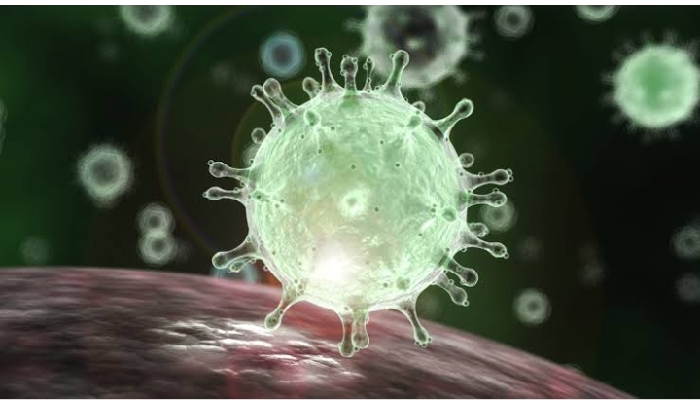New Delhi, Jun 5: On World Environment Day, Prime Minister Narendra Modi on Friday urged citizens to ensure that the flora and fauna thrive and take a pledge to preserve our planet's rich biodiversity.
"On #WorldEnvironmentDay, we reiterate our pledge to preserve our planet's rich biodiversity. Let us collectively do whatever possible to ensure the flora and fauna with whom we share the Earth thrive. May we leave an even better planet for the coming generations," the Prime Minister tweeted.
He also shared a clip from his last 'Mann Ki Baat' programme where he mentioned about conservation of rainwater and protecting the rich diversity of nature.
"On June 5, the entire world will celebrate 'World Environment Day'. The theme for this year's 'World Environment Day' is bio-diversity. This theme is especially pertinent in the current circumstances. During lockdown in the last few weeks the pace of life may have slowed down a bit but it has also given us an opportunity to introspect upon the rich diversity of nature or biodiversity around us," the Prime Minister had said.
"Much of the avian fauna had sort of disappeared due to sound and air pollution, and now after years people can once again listen to their melodic chirping in their homes," he said.
The Prime Minister also said that water conservation, in particular the conservation of rainwater, is essential and exhorted everyone to strive for saving rainwater in the upcoming monsoons.






Comments
Add new comment